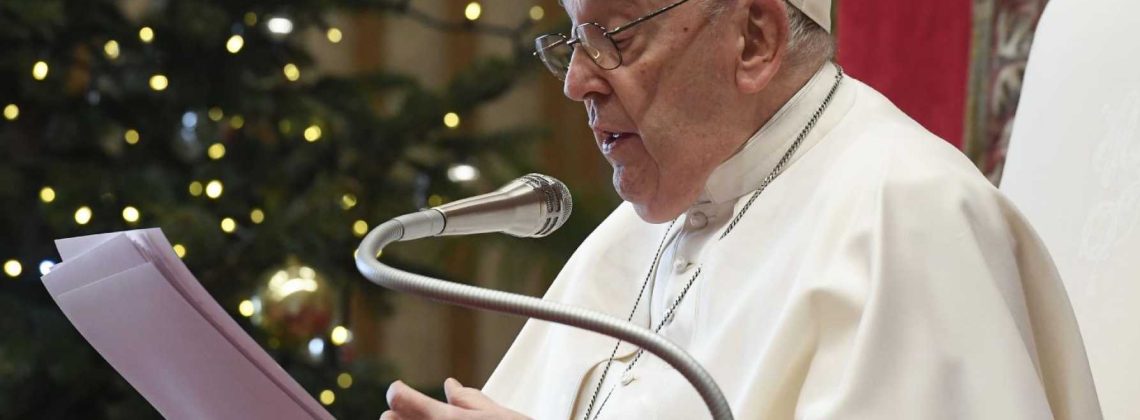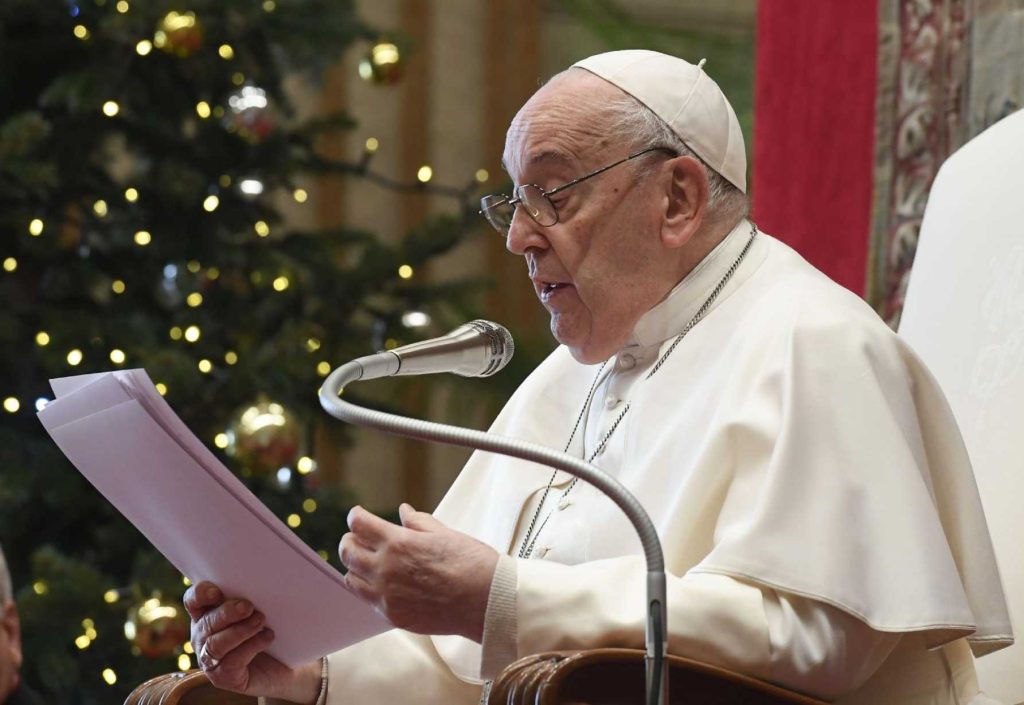

Here is a taste Pope Francis’s letter to candidates for the Catholic priesthood: “On the Role of Literature in Formation”
1. I had originally chosen to give this Letter a title referring to priestly formation.On further reflection, however, this subject also applies to the formation of all those engaged in pastoral work, indeed of all Christians. What I would like to address here is the value of reading novels and poems as part of one’s path to personal maturity.
2. Often during periods of boredom on holiday, in the heat and quiet of some deserted neighbourhood, finding a good book to read can provide an oasis that keeps us from other choices that are less wholesome. Likewise, in moments of weariness, anger, disappointment or failure, when prayer itself does not help us find inner serenity, a good book can help us weather the storm until we find peace of mind. Time spent reading may well open up new interior spaces that help us to avoid becoming trapped by a few obsessive thoughts that can stand in the way of our personal growth. Indeed, before our present unremitting exposure to social media, mobile phones and other devices, reading was a common experience, and those who went through it know what I mean. It is not something completely outdated.
3. Unlike audio-visual media, where the product is more self-contained and the time allowed for “enriching” the narrative or exploring its significance is usually quite restricted, a book demands greater personal engagement on the part of its reader. Readers in some sense rewrite a text, enlarging its scope through their imagination, creating a whole world by bringing into play their skills, their memory, their dreams and their personal history, with all its drama and symbolism. In this way, what emerges is a text quite different from the one the author intended to write. A literary work is thus a living and ever-fruitful text, always capable of speaking in different ways and producing an original synthesis on the part of each of its readers. In our reading, we are enriched by what we receive from the author and this allows us in turn to grow inwardly, so that each new work we read will renew and expand our worldview.
4. For this reason, I very much appreciate the fact that at least some seminaries have reacted to the obsession with “screens” and with toxic, superficial and violent fake news, by devoting time and attention to literature. They have done this by setting aside time for tranquil reading and for discussing books, new and old, that continue to have much to say to us. Regrettably, however, a sufficient grounding in literature is not generally part of programmes of formation for the ordained ministry. Literature is often considered merely a form of entertainment, a “minor art” that need not belong to the education of future priests and their preparation for pastoral ministry. With few exceptions, literature is considered non-essential. I consider it important to insist that such an approach is unhealthy. It can lead to the serious intellectual and spiritual impoverishment of future priests, who will be deprived of that privileged access which literature grants to the very heart of human culture and, more specifically, to the heart of every individual.
5. With this Letter, I would like to propose a radical change of course. In this regard, I would agree with the observation of one theologian that, “literature… originates in the most irreducible core of the person, that mysterious level [of their being]…Literature is life, conscious of itself, that reaches its full self-expression through the use of all the conceptual resources of language”.
6. Literature thus has to do, in one way or another, with our deepest desires in this life, for on a profound level literature engages our concrete existence, with its innate tensions, desires and meaningful experiences.
Read the rest here.
Some context here.